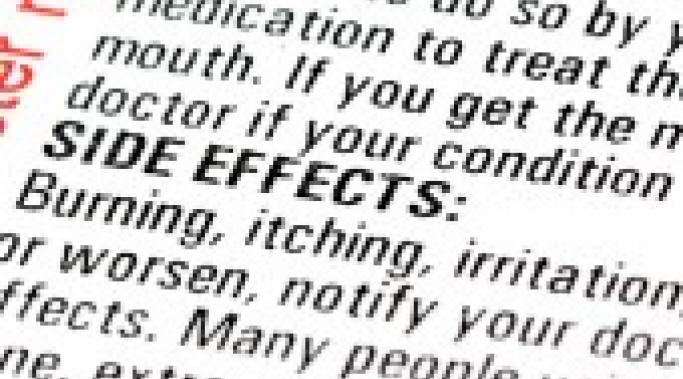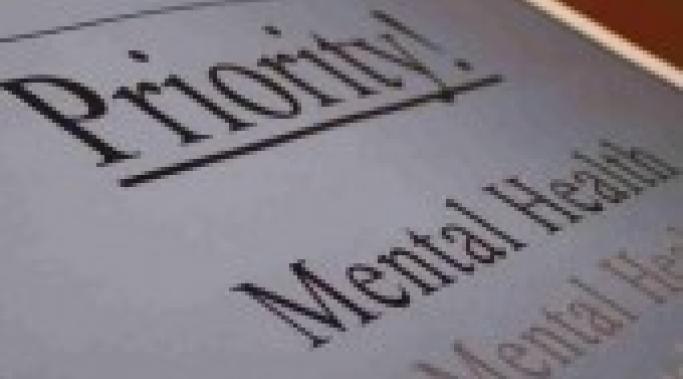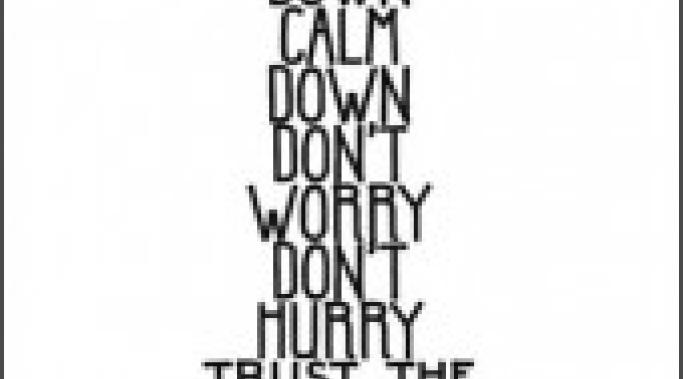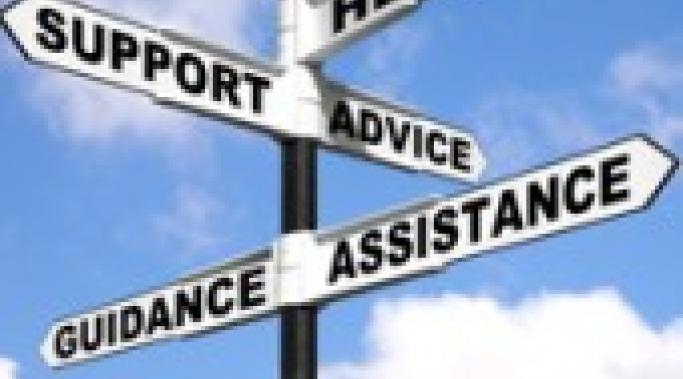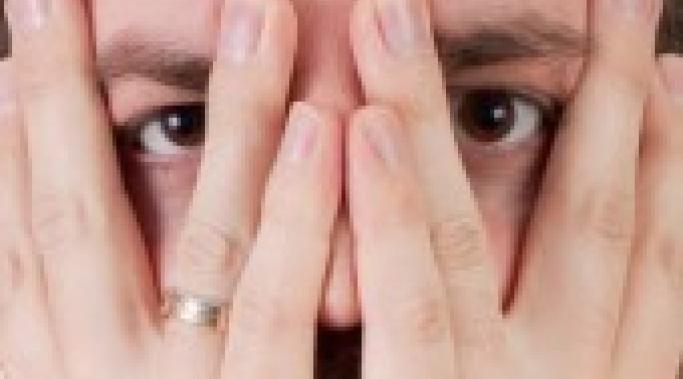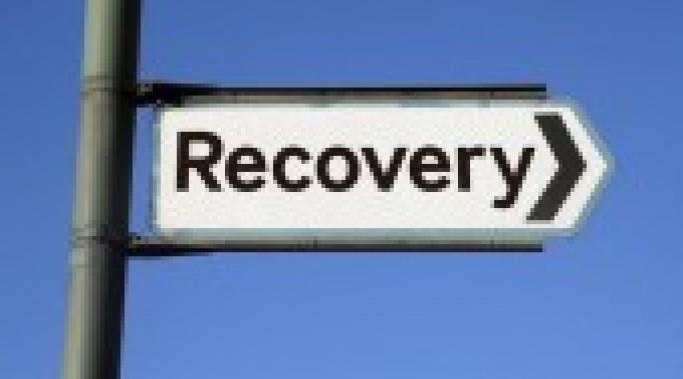A blog, from me, that is actually a bit positive in its desire to promote mental health? Well, yes, this is. If you read enough of my blogs (say two or three) you probably gather that I mix in a healthy amount of sarcasm--alongside with the recovering from mental illness bit. If you read this blog often enough it's clear I've had a rough time the past few months. Honestly, it feels like years and maybe it has been, but this fall and winter hit me hard. I'm sort of back on my feet again--albeit tottering--and so this blog is less sarcastic than most. Perhaps it is even verging on positive?
Medication and Treatment
Its 6:59 on Thursday morning. I've been drinking coffee and procrastinating online for an hour; the radio is always on and I don't usually hear it. I just like background noise. That's the hyperactive part of me. More than one thing always needs to be happening. It's pretty irritating.
Mental Illness and relapse go hand in hand. Sort of like addiction and relapse. The statistics for both are rather dire: relapse, at some point in our recovery, often occurs. Having said that, there are some damn lucky folks who become stabilized and never become unstable again. I hope they recognize how lucky--how blessed--they are.
But in this post we are not talking about those who live a life of sustained recovery. We are focusing on those of us who falter from time to time--falter and pick ourselves back up. The majority of us.
My last blog focused on the importance of not diagnosing your mental health symptoms yourself! This blog will focus on not treating symptoms of relapse without consulting with your mental health care team first. Yes, I know, this post might seem a little boring but it's important so please keep reading--note: you can leave me a comment stating you fell asleep around 300 words. I will refrain from being offended.
When you live with a chronic mental illness you may experience periods of relapse. Side-note: Not everyone who lives with a mental illness relapses but for those of us who do, the desire to diagnose ourselves and, in connection, attempt to treat our symptoms is tempting.
And it is exceptionally dangerous.
I think I talk about stress and the impact it can have on our mental health often in this blog. Hopefully, it's not exceedingly boring. This blog is a bit different in topic. Yes, it focuses of taking care of ourselves during periods of stress, but also on how we can take care of those we love if they become ill---while knowing when to pull back.
So is recovering from a physical injury. But in a different way. You know this and I know this. A broken leg--I've had one--left me in bed and hopping with one foot to the fridge. I was terribly bored. If I could have moved, I would have drawn pictures on the walls. Probably with a black sharpie. I was angry! My point? Recovering from mental illness can be boring---certainly when our lives used to be painted in manic colors--nice and neon but scary too. Sometimes, downright terrifying.
Let me stress that by "friends" I do not mean you should ask he or she out for coffee or maybe to a movie. Refrain from a discussion focused on the new recipes you thought up and the shoes you found half off on the weekend...
My Experience With My Psychiatrist
Guilt. I hate that word. I hate the feelings that attach itself to it and the times in which I felt that my mental illness, the actions resulting from it, hurt other people. Hurting those I loved felt like the worse sort of guilt. Like being punched in the stomach and unable to breathe. Guilt is not just a word nor a feeling: When you live with a mental illness it can come to define your life. It can become dangerous.
Picture this: you are sitting in your psychiatrist's office and you are probably tapping your foot, and watching while he or she takes notes--- quick and swift notes that seem to determine your fate. I don't think it's ever a comfortable situational, but it is, above all else, an important relationship. Yes, those sometimes irritating conversations in which we explain our damn feelings, well, that's part of our recovery.

